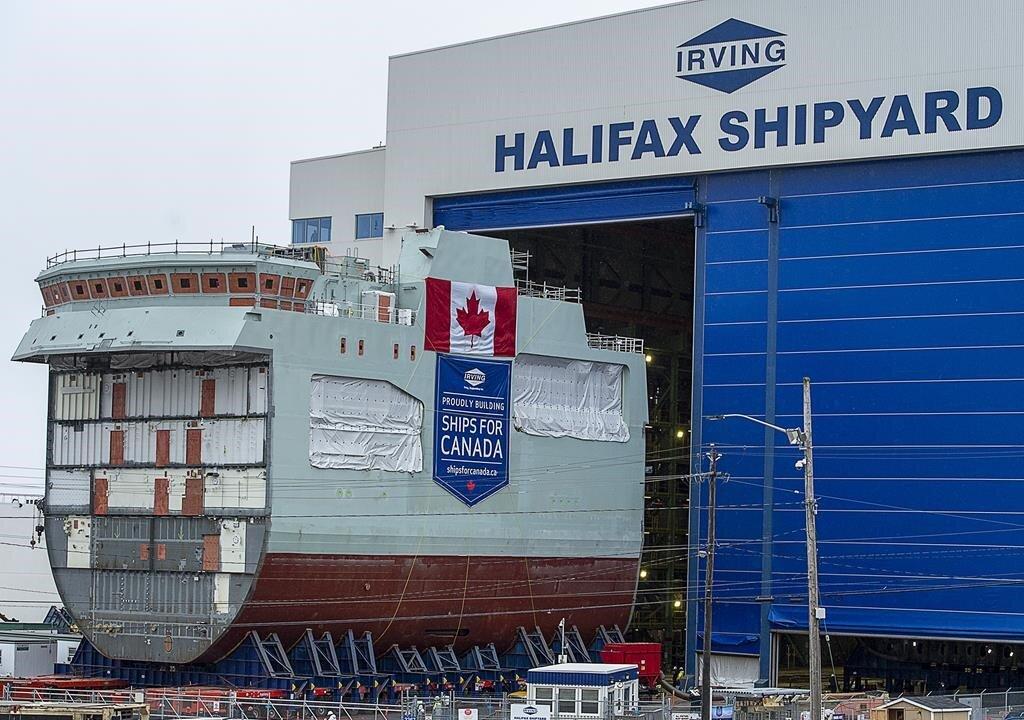Canada’s Supreme Court has consented to hear airlines’ legal challenge to compensation rules for international flights. A lower court had earlier dismissed the airlines’ assertion that Canadian regulators lacked jurisdiction over flights that take off or land outside the country.
Initially in December 2022, Justice Yves de Montigny of the Federal Court of Appeal rejected the airlines’ complaint, according to Blacklock’s Reporter.





